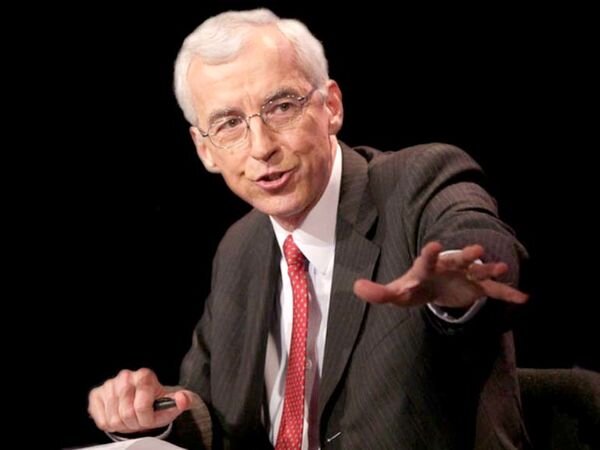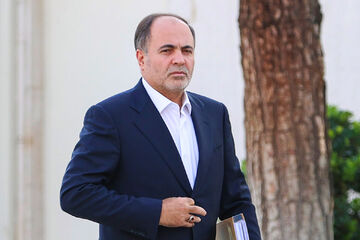TEHRAN(Bazaar) – Professor Paul Pillar, who was CIA intelligence analyst for 28 years, says although his remarks were not clear, President Macron probably did not mean that Saudi Arabia ought to be directly involved in current negotiations to restore US and Iranian compliance with the JCPOA.
“The EU has consistently supported the JCPOA and does not wish to complicate the task of restoring US and Iranian compliance with that agreement and with UN Security Council Resolution 2231,” Pillar tells the Bazaar in an exclusive interview.
Following is the text of the interview:
Bazaar: French President Emmanuel Macron has recently called for Saudi Arabia to be involved in nuclear talks with Iran. What is the reason for this position?
Pillar: Although his remarks were not clear, President Macron probably did not mean that Saudi Arabia ought to be directly involved in current negotiations to restore US and Iranian compliance with the JCPOA. More likely he had in mind that in any follow-up negotiations that are related to nuclear matters but also involve other regional issues, regional players such as the Saudis would have to be involved.
Bazaar: The spokesman of the European Union has stated that the issue of Macron is his personal opinion and not the position of the European Union. What is the reason for the EU's open opposition to Macron?
Pillar: The EU has consistently supported the JCPOA and does not wish to complicate the task of restoring US and Iranian compliance with that agreement and with UN Security Council Resolution 2231.
Bazaar: While US Secretary of State Tony Blinken believes that the JCPOA is linked to Iran's missile and regional issues, Robert Malley, President Joe Biden's Special Representative for Iran, believes that the nuclear deal must first be concluded, and then raised other issues. He even said that the issue of Iran's missiles may not be resolved in the first Biden period, and believes that the issue of Iran's missiles is related to the balance of power in the region, which requires a regional solution. What is your assessment of these two positions, and which person in Biden's government is stronger?
Pillar: Malley's remarks accurately describe the Biden administration's thinking. Secretary Blinken's comment does not contradict that description. Missiles and regional issues will have to wait for broader, follow-on negotiations if compliance with the JCPOA is to be restored. The issues are "linked" in the sense that restoration of the JCPOA must come first, after which the other issues can be addressed.
Bazaar: Iran foreign minister Mohammad Javad Zarif in his recent remarks has called for European mediation for the simultaneous implementation of the JCPOA by Iran and the United States. This solution seems to be operational. What is your assessment?
Pillar: The European governments that are parties to the JCPOA will necessarily be involved in the process of bringing Iran and the US back into compliance. The joint commission established by the agreement is the most appropriate forum for addressing most of the relevant questions. The European involvement will have some of the qualities of mediation whether or not it is formally called that.
Bazaar: Tony Blinken recently announced that if Iran continues to reduce its commitments, it will be able to build an atomic bomb in a few weeks. What is the reason for this comment?
Pillar: Secretary Blinken was making the point that it is important to move expeditiously to restore full compliance with the JCPOA. He was responding to arguments that the United States ought to go slow in this process. Some of those making that argument actually do not want the United States to return to compliance with the JCPOA at all.















نظر شما